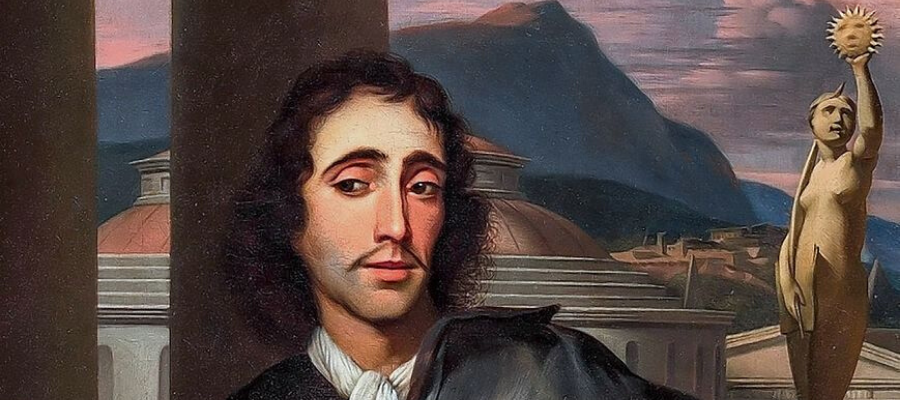Perception, Memory, and Justice
24
Nov 2015
Psychological research reveals a lot of deeply troubling facts about human perception and memory that should make us very skeptical of eyewitness testimony. Of course, we don’t need science to tell us that if we witness something from too far away, or if it’s too dark, or if we’re intoxicated, then our testimony is not going to be very reliable. That just seems like common sense. But common sense may also lead us astray when it comes to the reliability of eyewitness testimony, and that is what a lot of the research on this topic is telling us.
Read moreThe Demands of Morality
21
Nov 2015
When you do the moral thing, you're doing the right thing. Violating morality is doing the wrong thing. It’s good to do the right thing; bad to do the wrong thing. You will always do better and live better when you do the moral thing. But imagine the following scenario. Suppose you live in a country full of tax cheats, but you’re honest to the bone and you dutifully pay your taxes. What does that make you -- a saint among sinners, or a sucker? How does doing the right thing improve your life?
Read moreWill Innovation Kill Us?
12
Nov 2015
Arguably, the single greatest threat to our continued existence on this planet is climate change. And we would not be facing this threat were it not for human ingenuity. After a mere two centuries or so of industrialization, our innovative activity on this planet has produced such a quantity of greenhouse gases that we are perilously close to the tipping point when climate change will accelerate on its own power, and nothing we do anymore will be able to stop it. Provided, that is, we don’t have a global nuclear meltdown first.
Read moreThe Culture Wars: Phase 2?
11
Nov 2015
Here is a conjecure. We are by now deep into a new phase of the so-called "culture wars." The current battles in the culture wars are ased partly on competing and apparently irreconcilable perceptions over the extent of what some see as genuine oppression and others see as merely so-called "oppression." I was prompted to this conjecture partly by recent events on various university campuses and partly by some advice I ran across on a Unitarian-Universalist website about how to be effective allies to those with marginalized ide
Read moreWhy Rubio Is Wrong about Philosophy in 150 Words
10
Nov 2015
"Welders make more money than philosophers. We need more welders and less philosophers." -- Marco Rubio in the November 10 Republican Debate1. No. Philosophy majors make considerably more over the course of their careers than welders. (Source: http://nyti.ms/1HwzyH1 ) 2. It should be “fewer philosophers,” not “less philosophers.” Rubio would know that if he had majored in philosophy.
Read moreA Nietzschean Defense of Ben Carson
08
Nov 2015
How much difference does it make whether Ben Carson stretched the truth about his life story? Not much, I think. Before you dismiss me as a “right-wing nut job,” let me state for the record that I am a lifelong Democrat (whose biggest political dilemma at the moment is whether to vote for Hilary or Bernie). But as a professional philosopher (which I also am) I’m not convinced that what we have learned so far about Carson’s life story disqualifies him for the Presidency.
Read moreSpinoza
05
Nov 2015
Baruch Spinoza is sometimes called “the father of modernity.” Spinoza, along with Descartes and Leibniz, is considered one of the great rationalists of the 16th and 17th centuries. Of the three of them, Spinoza was philosophically the most radical.
Read moreCollective Immortality: Living on Through Others
02
Nov 2015
I don't think that the prospect of death saps life of meaning. People dread death, to be sure, especially a premature death. But that does not mean that they want to live forever. But dreading death is consistent with living with purpose and determination, even in the face of death.
Read more



